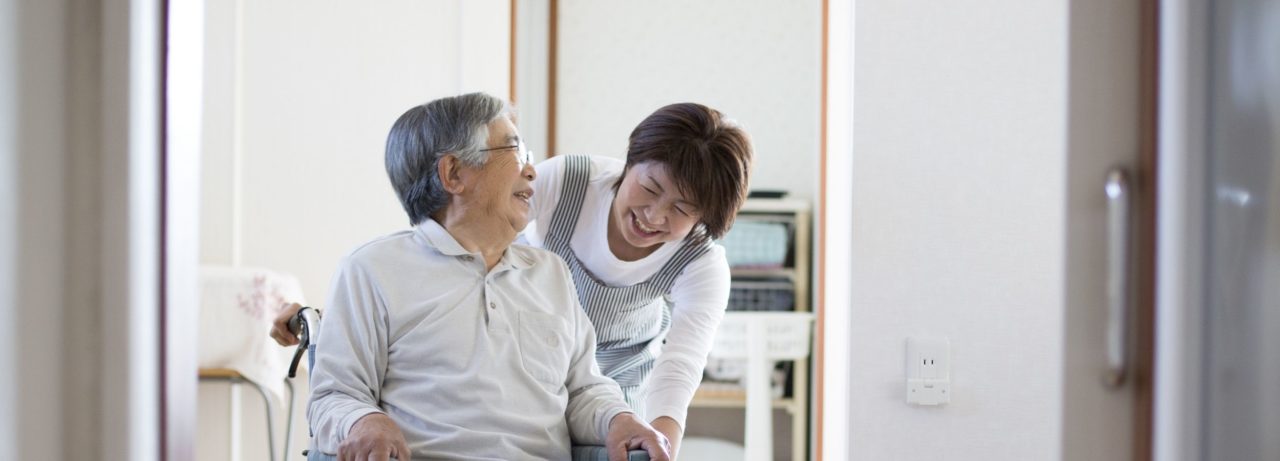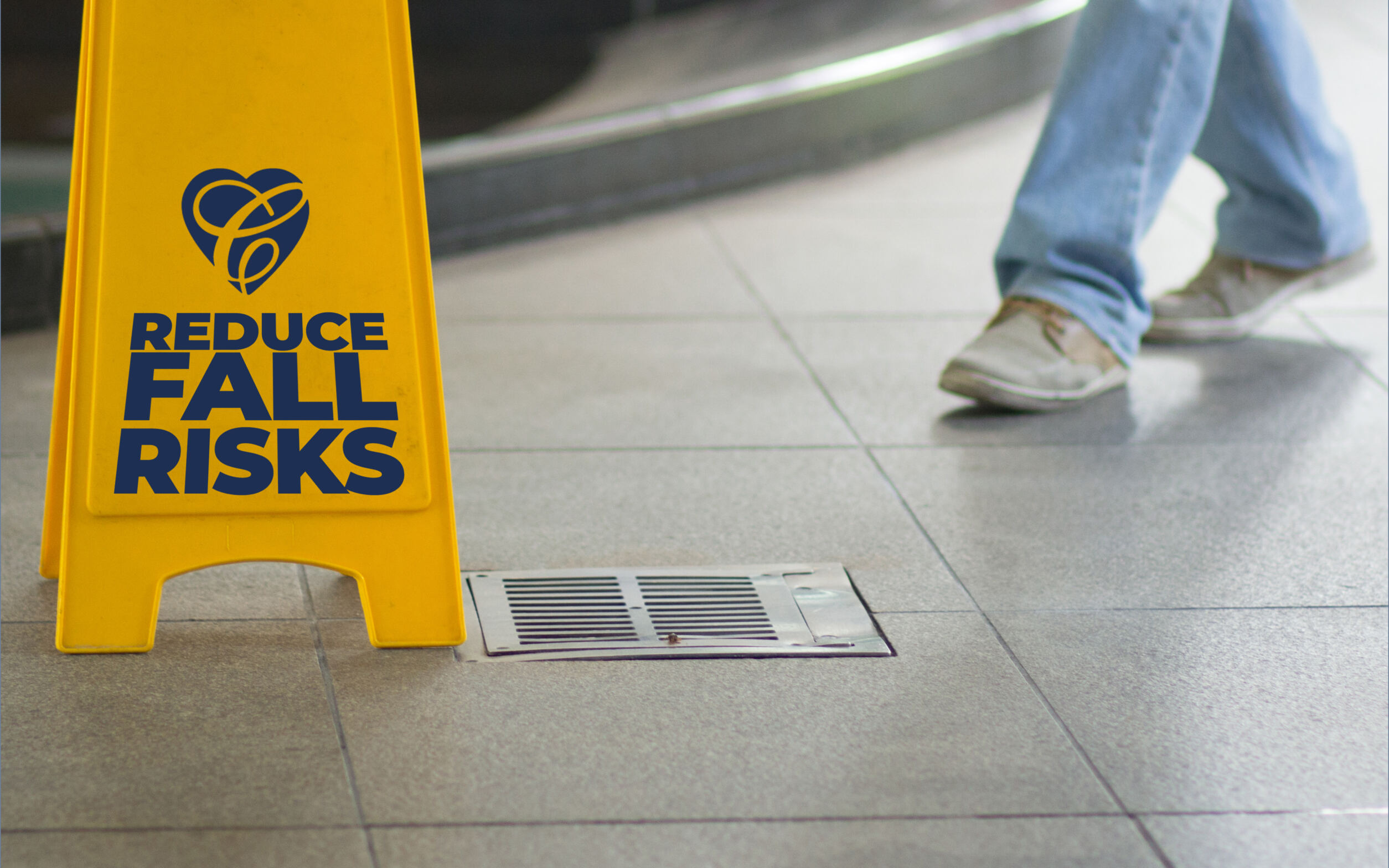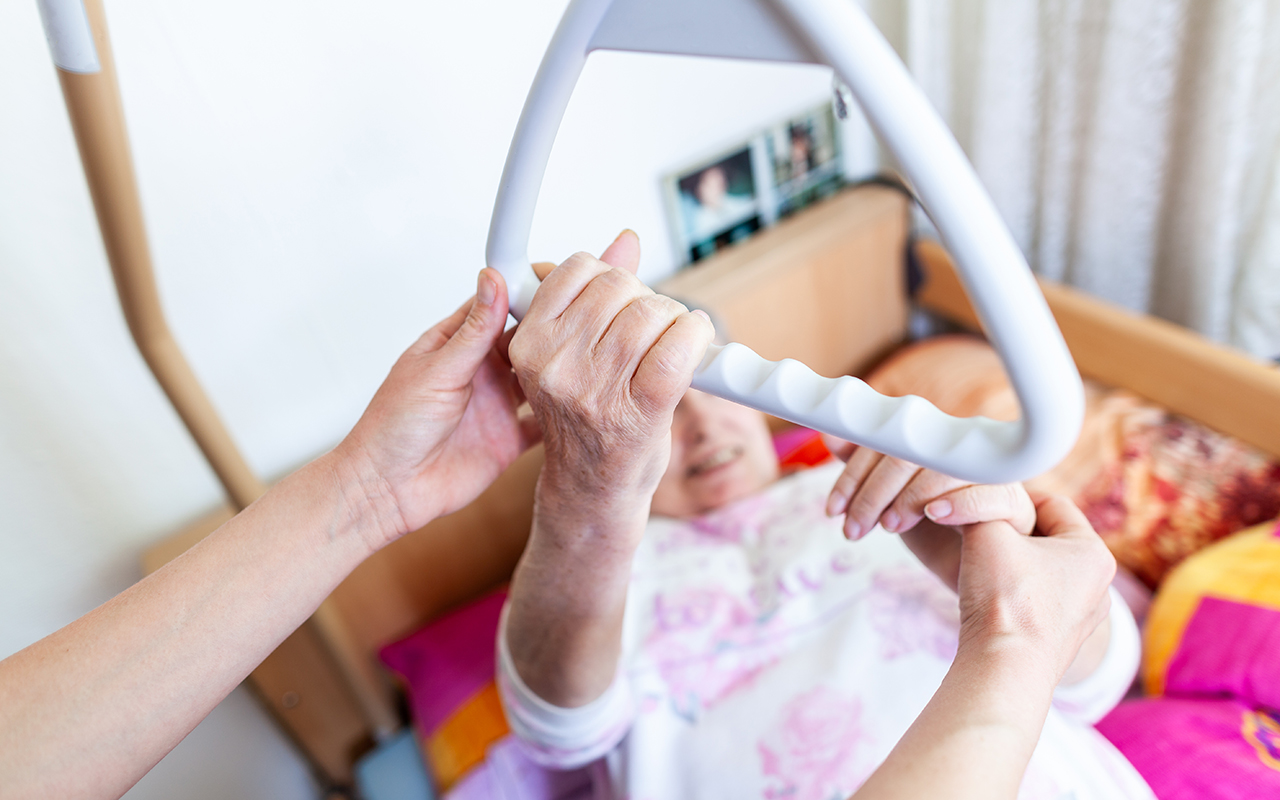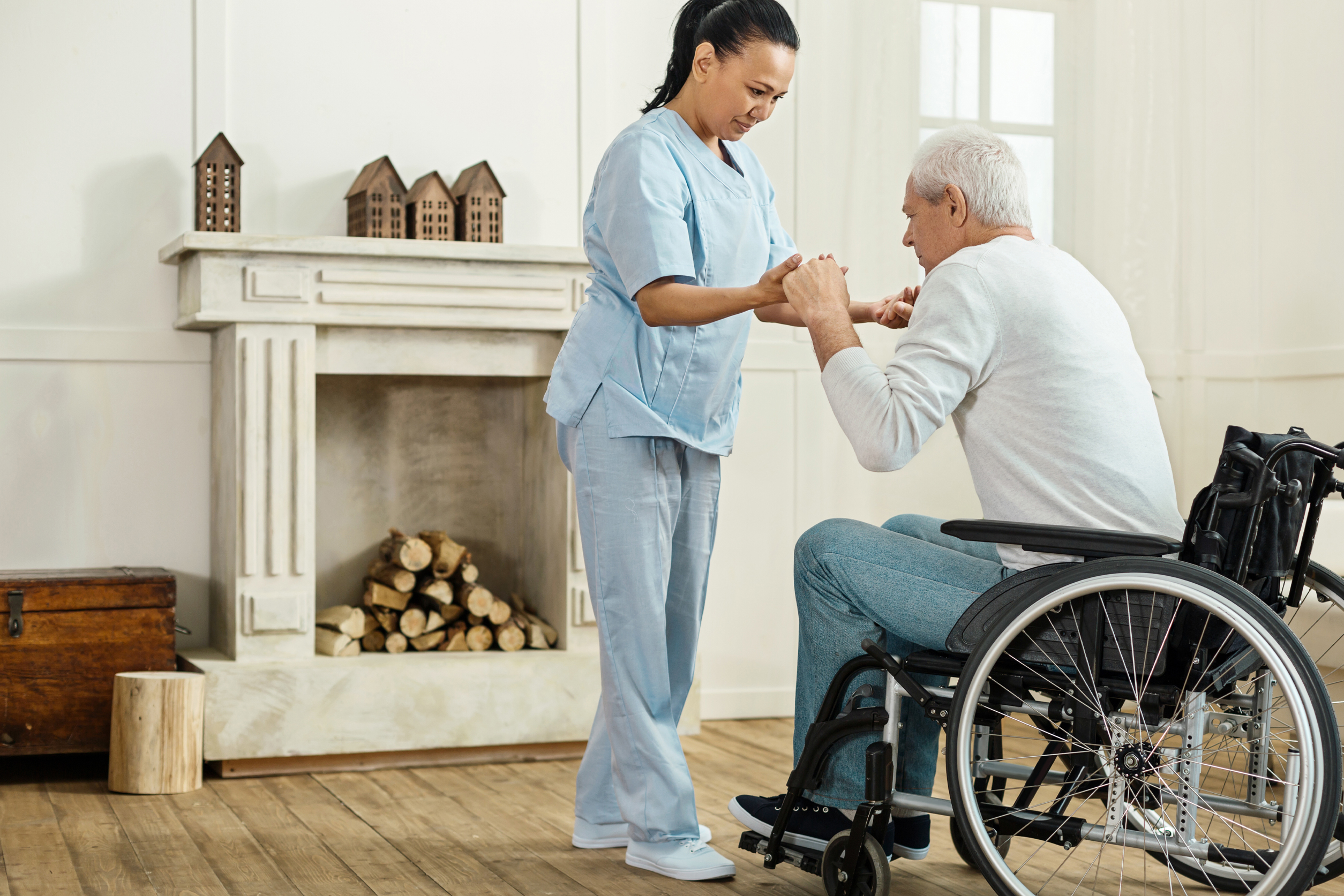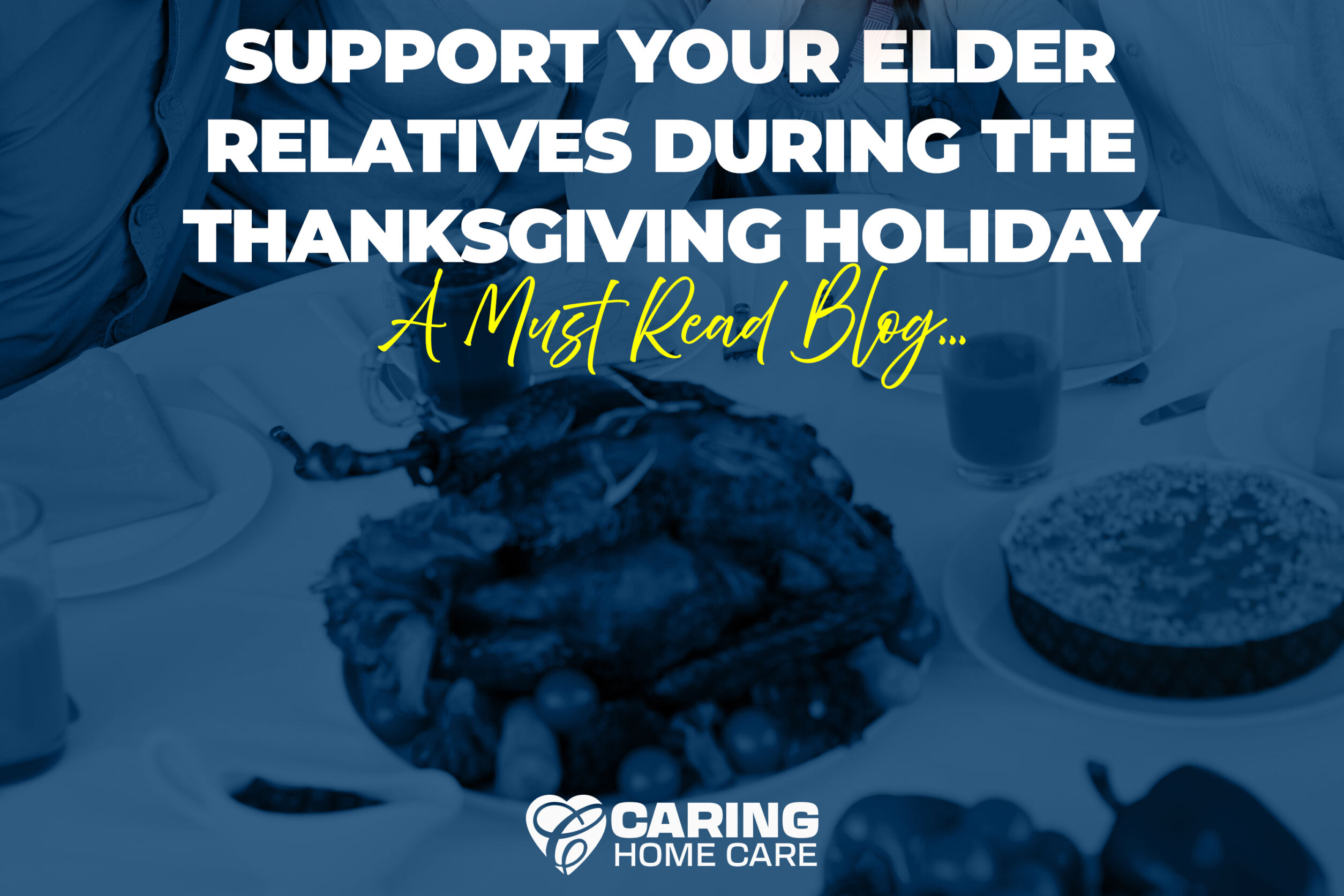Share
Taking care of an elderly loved one is a huge commitment that requires you to have weighed and analyzed all variables before taking on such a big responsibility. Evaluating a loved one’s living situation will help you make crucial decisions concerning how much assistance your family member needs.
Is the Home a Safe Space?
Ask yourself, does your loved one’s current living situation pose any safety risks to their wellbeing? Are the safety features adequate to ensure you and your family’s peace of mind?
A safety check aims to establish the following;
- Does your elderly loved one’s current residence have ample lighting?
- What fire safety measures are in effect?
- Are all knives and cutting implements safely tucked away?
- Does your loved one’s current residence have handlebars installed in all the necessary places?
- Does your loved one have unhindered access to the bathroom, sleeping quarters, and any of their favorite places?
Additionally, you might want to eliminate all fall hazards such as throw rugs, loose extension cords, clothes on the floor, and so on. You might want to invest in several pairs of non-slip footwear for added safety.
Is Independent Living Providing a High Quality of Life?
Increased age brings with it any number of surprises from dementia, a compromised immune system, and a general decline in physical abilities for many. If an elderly loved one requires regular, specialized home-based care, you might want to re-evaluate their independent living situation.
One option for semi-independent living is for a loved one to move-in as a full-time caregiver. Another option is to have family members take shifts in caring for the elderly family member. Finally, professional caregivers can come in to provide respite for family members or to simply be there when the family cannot (such as during working hours).
If an in-home caregiver isn’t an option, then a live-in facility might be helpful. Many seniors who are faced with the prospects of having to leave their home to go to a live-in facility will accept the help of an in-home caregiver as a way to stay home.
What Happens if There is an Emergency?
Senior loved ones that live alone should have quick and easy access to emergency medical devices that will alert you and the paramedics if an accident occurs.
Medical alert devices that can be worn, such as bracelets and necklaces, can be purchased for as little as $20. In some cases, insurance, such as Medicare Part C may completely cover the case of a medical alert bracelet. Local senior assistance agencies may also give out the devices for free. You can also talk with your doctor about whether a medical alert device is necessary and where he or she recommends getting one.
Becoming a full-time in-home caregiver may not exactly fit right into your schedule. Consider the next best alternative; hiring a certified in-home caregiver. Caring Home Care has a nurse registry complete with professional caregivers that are ready to provide assistance with daily tasks such as grooming, bathing, cooking, dressing, and more.
Small Daily Habits That Dramatically Reduce Fall Risk Falls are one of the most common causes of injury among seniors. Even a minor fall can lead to serious health complications, loss of independence, or extended recovery time. The good news is that many falls can be prevented. With the right daily routines, safety can be
How Caregivers Can Reduce Injury While Assisting Seniors Providing daily care for seniors is meaningful work. It can also be physically demanding. Many caregiver injuries happen during lifting, transferring, or repositioning seniors. These injuries are often preventable when proper techniques are used. Learning caregiver injury prevention strategies protects both the caregiver and the senior. It
Why Professional Home Care Is Safer Than Family Only Care Caring for an aging loved one is deeply personal. Many families step in with the best intentions. However, as care needs increase, family only caregiving can become overwhelming and risky. This is where professional home care plays a critical role. Professional caregivers are trained, experienced,
Connecting During the Thanksgiving Holiday: How to Support Your Elder Relatives The Thanksgiving holiday is a time filled with warmth, gratitude, and meaningful family traditions. However, for many older adults, it can also be a period of loneliness or emotional distance. This is especially true for seniors who live alone, have limited mobility, or are
Need A Caregiver? Fill Out Form Below
With our competitive rates, we make receiving in-home care affordable regardless of whether you’re using your insurance or paying out of pocket.

